An Anna Blume
(German)
Oh Du, Geliebte meiner 27 Sinne, ich liebe Dir!
Du, Deiner, Dich Dir, ich Dir, Du mir, —- wir?
Das gehört beiläufig nicht hierher!
Wer bist Du, ungezähltes Frauenzimmer, Du bist, bist Du?
Die Leute sagen, Du wärest.
Laß sie sagen, sie wissen nicht, wie der Kirchturm steht.
Du trägst den Hut auf Deinen Füßen und wanderst auf die Hände,
Auf den Händen wanderst Du.
Halloh, Deine roten Kleider, in weiße Falten zersägt,
Rot liebe ich Anna Blume, rot liebe ich Dir.
Du, Deiner, Dich Dir, ich Dir, Du mir, —– wir?
Das gehört beiläufig in die kalte Glut!
Anna Blume, rote Anna Blume, wie sagen die Leute?
Preisfrage:
1. Anna Blume hat ein Vogel,
2. Anna Blume ist rot.
3. Welche Farbe hat der Vogel?
Blau ist die Farbe Deines gelben Haares,
Rot ist die Farbe Deines grünen Vogels.
Du schlichtes Mädchen im Alltagskleid,
Du liebes grünes Tier, ich liebe Dir!
Du Deiner Dich Dir, ich Dir, Du mir, —- wir!
Das gehört beiläufig in die —- Glutenkiste.
Anna Blume, Anna, A—-N—-N—-A!
Ich träufle Deinen Namen.
Dein Name tropft wie weiches Rindertalg.
Weißt Du es Anna, weißt Du es schon,
Man kann Dich auch von hinten lesen.
Und Du, Du Herrlichste von allen,
Du bist von hinten, wie von vorne:
A——N——N——A.
Rindertalg träufelt STREICHELN über meinen Rücken.
Anna Blume,
Du tropfes Tier,
Ich——-liebe——-Dir!
To Anna Blume
(English)
Oh you, beloved of my twenty-seven senses, I love you!
You thine thou yours, I you, you me, —- We?
This by the way does not belong here.
Who are you, uncounted woman? You are – are you?
People say you are.
Let them say it, they don’t know how the church tower stands.
You wear a hat on your feet and stand on your hands,
Upon your hands you walk.
Hello, your red dress, sawn up in white pleats.
Red I love Anna Blume, red I love you!
You thine thou yours, I you, you me, —- We?
That by the way belongs in the cold embers.
Red flower, red Anna Blume, what do people say?
Prize question:
1. Anna Blume has a bird.
2. Anna Blume is red.
3. What color is the bird?
Blue is the color of your yellow hair.
Red is the cooing of your green bird.
You simple girl in an everyday dress,
You dear green animal, I love you!
You thine thou yours, I you, you me, —- We!
That by the way belongs in the ember box.
Anna Blume, Anna, your name!
I drip your name.
Your name drips like softest tallow.
Do you know, Anna, do you know already?
You can also be read from behind,
And you, you most marvelous creature of them all,
You are from the back as you are from the front:
A—–N—–N—–A.
Suet drips caress my back.
Anna Blume, you droppy animal,
I love you!
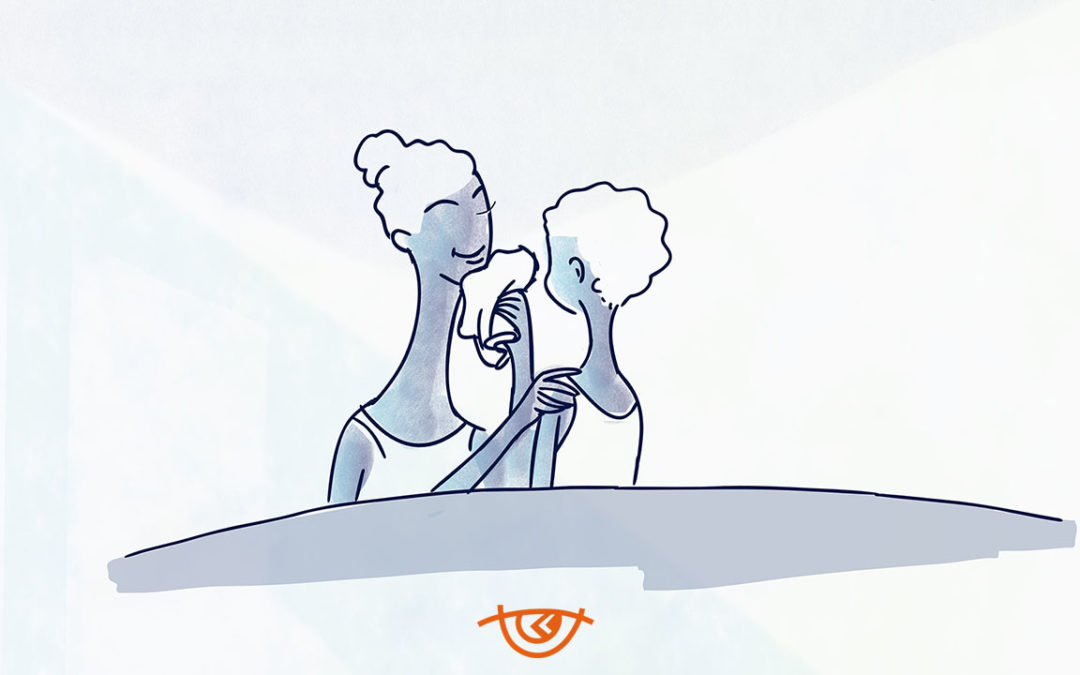

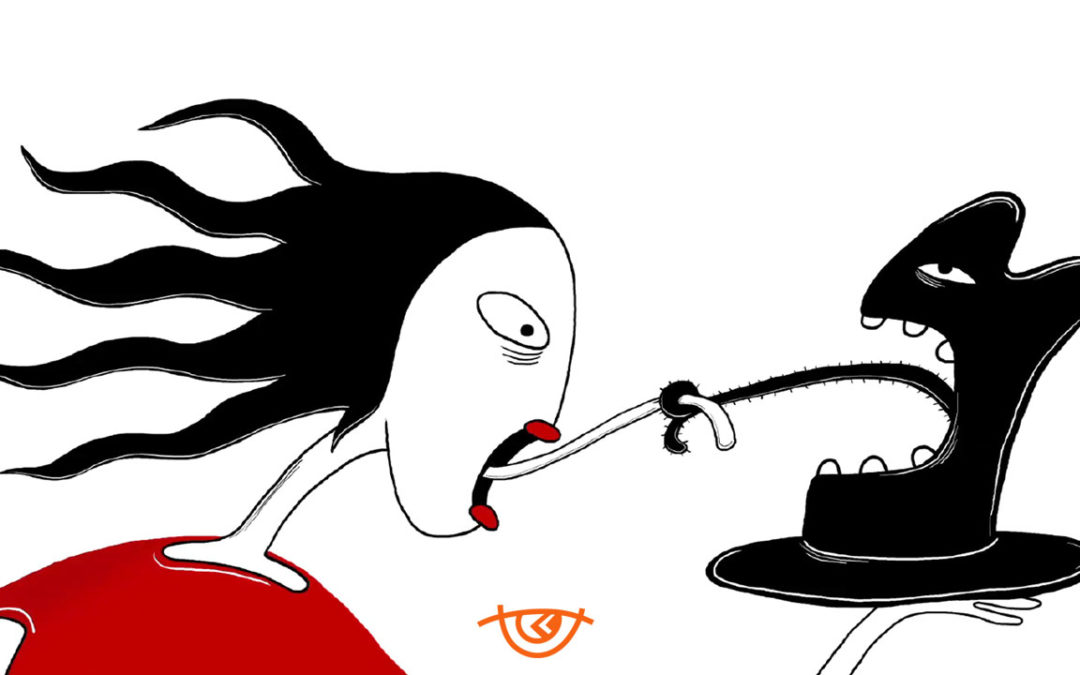
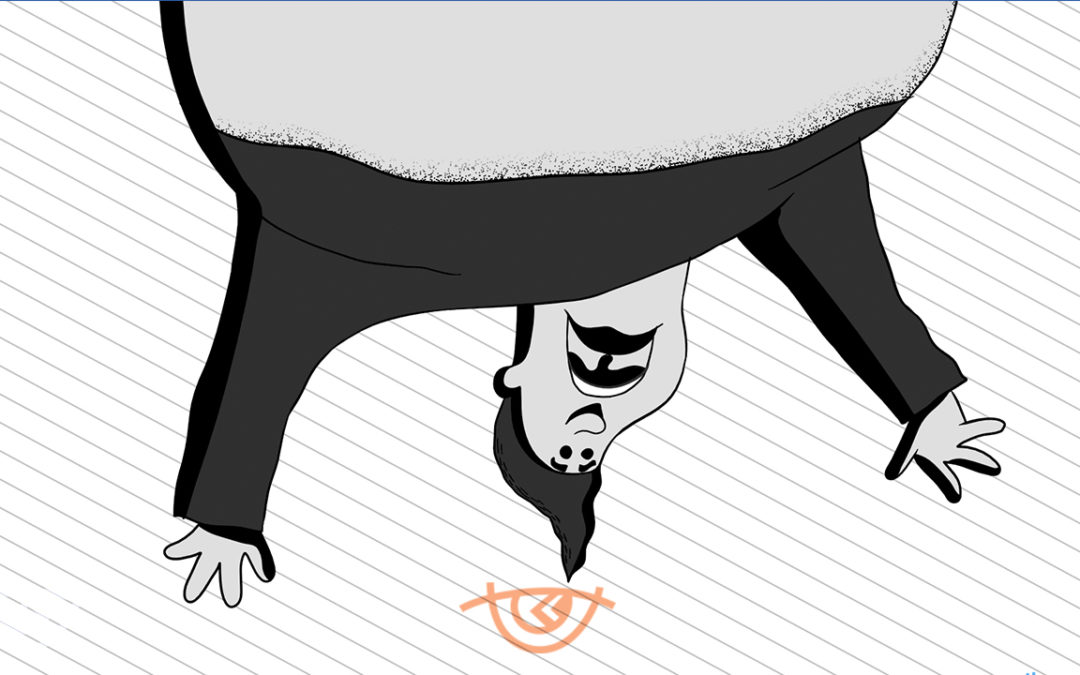
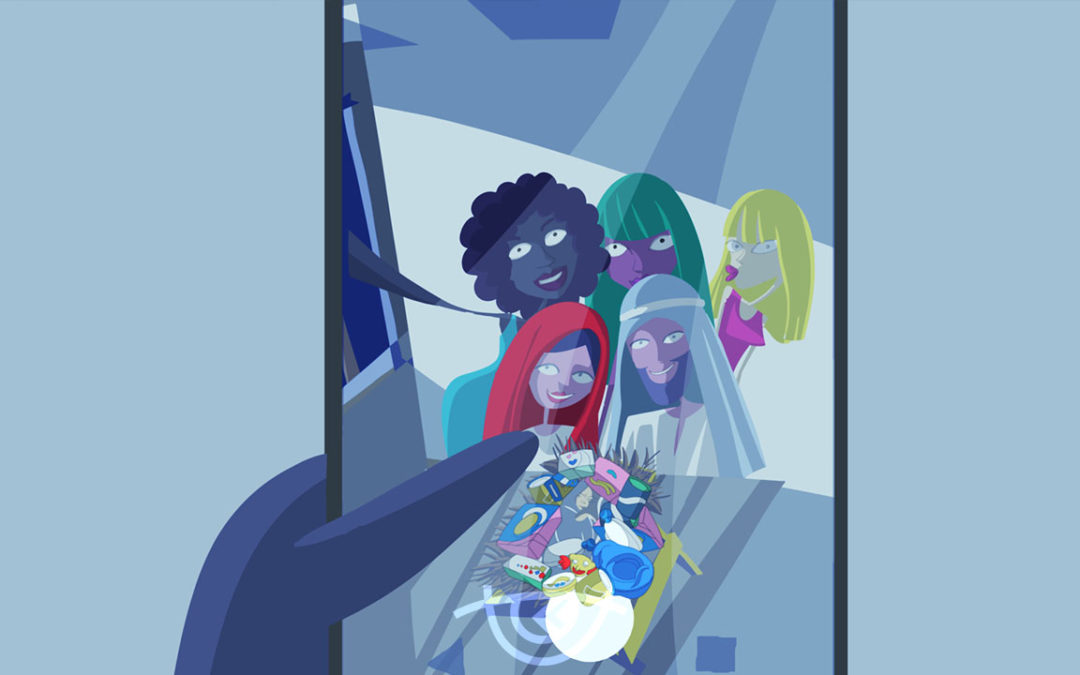
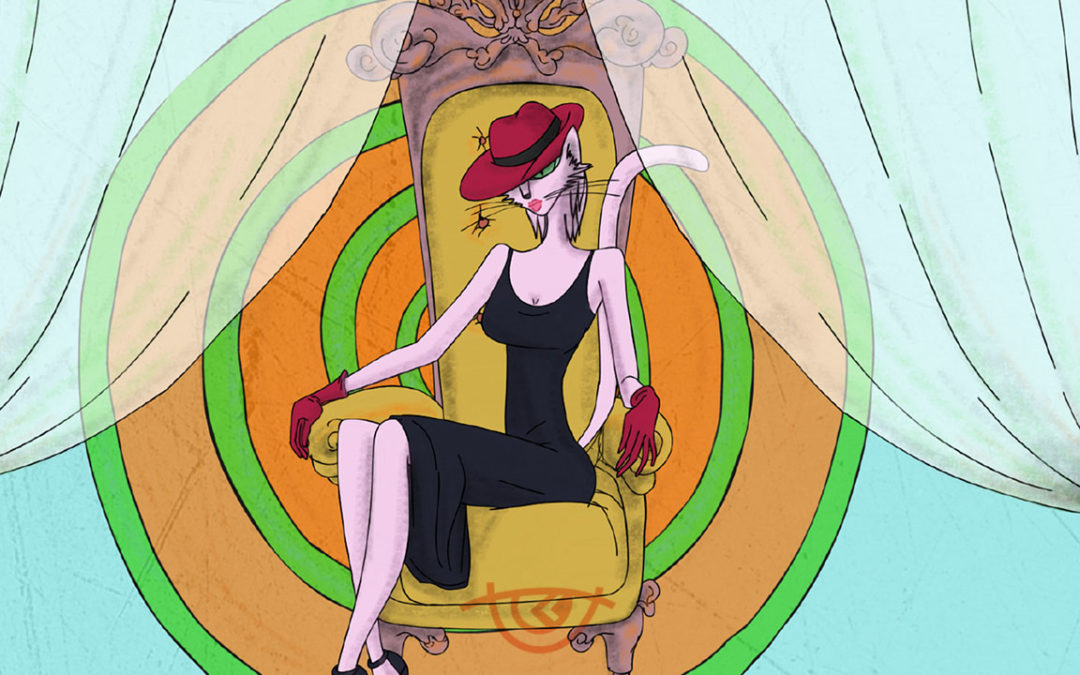
Recent Comments